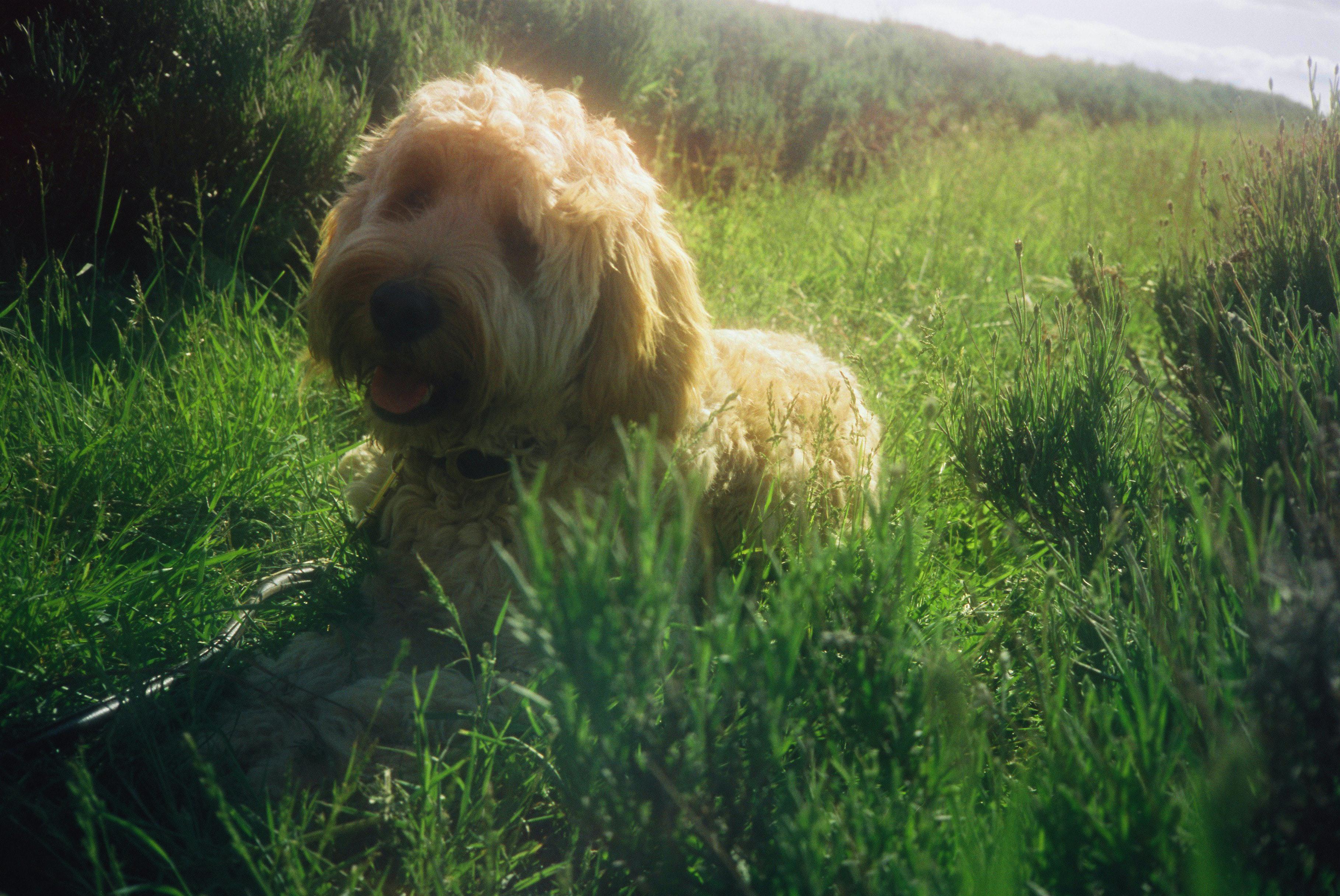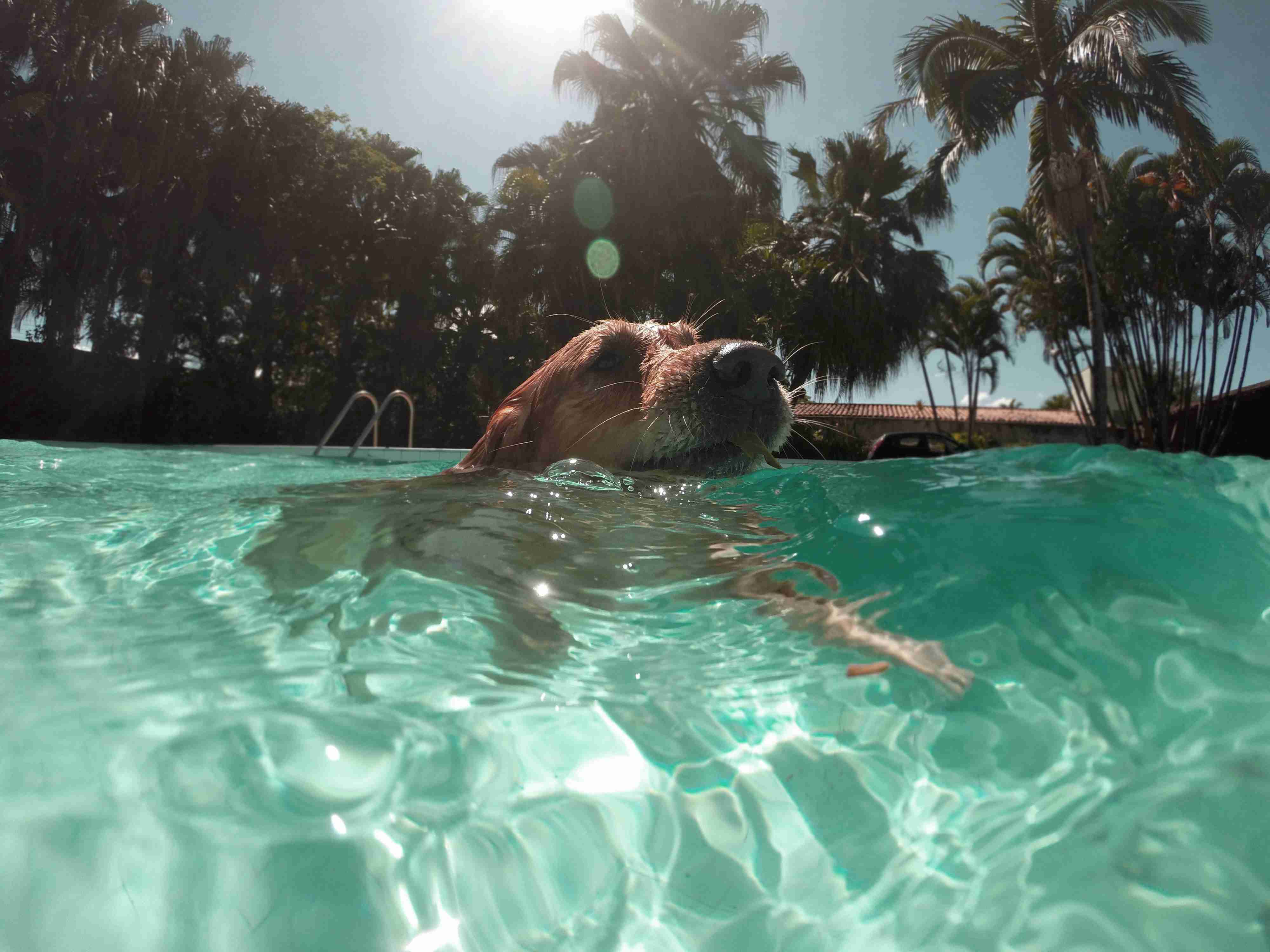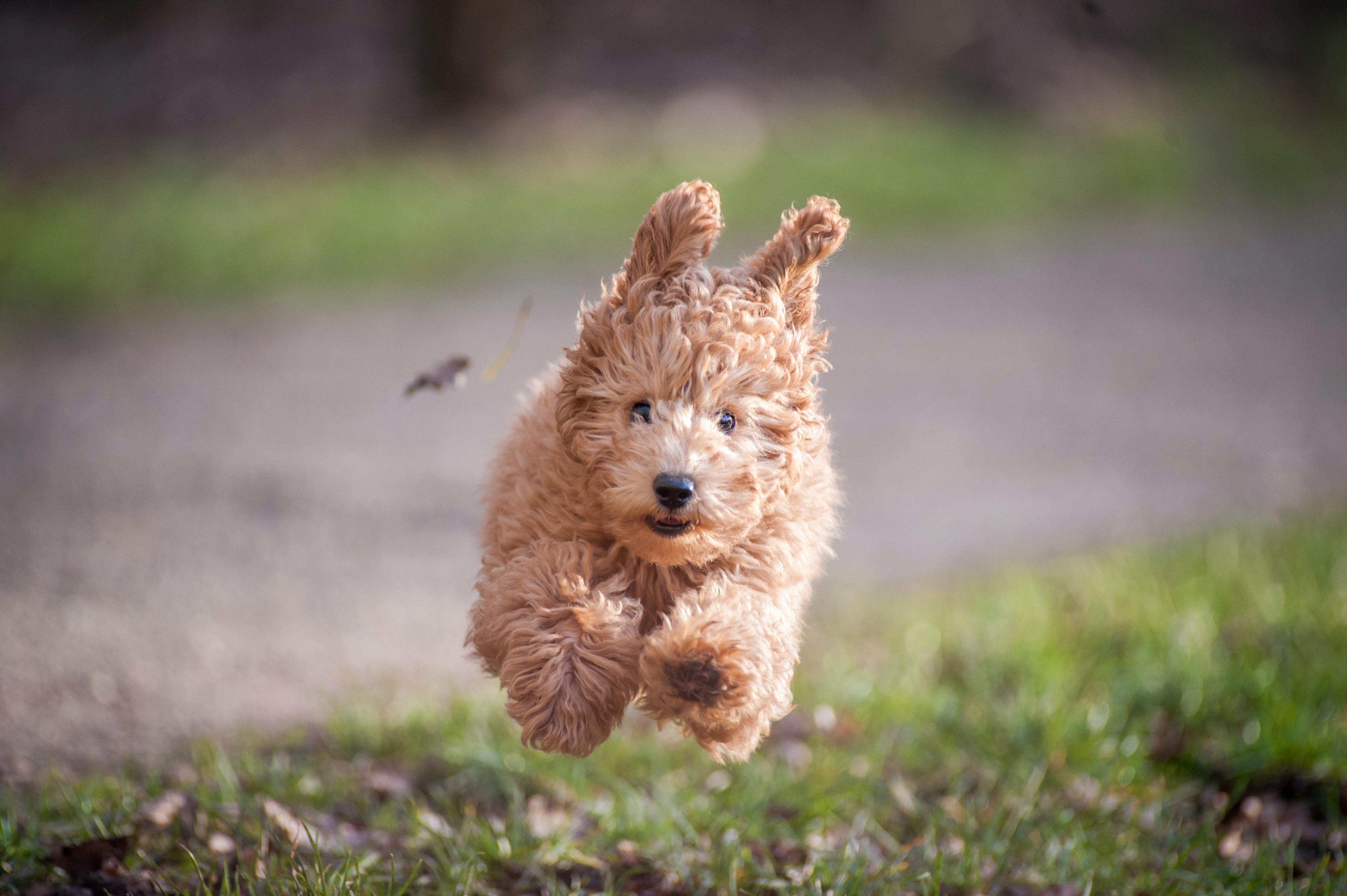Poodles are known for their elegance, intelligence, and versatility. Whether they’re strutting their stuff in the show ring or simply lounging at home, these beloved dogs often capture our hearts with their charm. However, like any other breed, poodles are not immune to health issues. One concern that poodle owners should be aware of is the susceptibility to respiratory infections. In this blog post, we will explore the causes, symptoms, and effective treatment methods for respiratory infections in poodles. By understanding these factors, you can provide the best care for your furry companion and help them live a happy, healthy life. So let’s dive in and learn more about this common health issue among poodles.
Poodles and Respiratory Infections: Causes, Symptoms, and Effective Treatment Methods
Poodles are intelligent, elegant, and highly expressive dogs, known for their distinctive curly coats and vibrant personalities. However, like any other breed, poodles are susceptible to various health issues, including respiratory infections. These infections can range from mild to severe and can greatly affect the overall well-being of your furry companion. In this blog post, we will explore the causes, symptoms, and effective treatment methods for respiratory infections in poodles.
Causes of Respiratory Infections in Poodles:
- Viral Infections:
- Canine Influenza: Poodles, like other dog breeds, can contract the canine influenza virus, leading to respiratory infections. This highly contagious virus spreads through coughing, sneezing, and direct contact with infected dogs.
- Canine Parainfluenza: Another common viral infection that affects poodles is canine parainfluenza. It primarily affects the respiratory system, leading to respiratory symptoms such as coughing and sneezing.
- Bacterial Infections:
- Bordetella Bronchiseptica: This bacterium is a common cause of respiratory infections in poodles. It is highly contagious and can spread through airborne droplets. Dogs that frequently come into contact with other dogs, such as those attending dog parks or boarding facilities, are at a higher risk of contracting this bacterium.
- Fungal Infections:
- Aspergillosis: This fungal infection can affect the respiratory system of poodles. It is caused by the inhalation of Aspergillus spores, commonly found in decaying organic matter. Poodles with weakened immune systems or those living in humid environments are more susceptible to this infection.
Symptoms of Respiratory Infections in Poodles:
- Coughing: A persistent, dry, or wheezing cough is a common symptom of respiratory infections in poodles.
-
Sneezing: Poodles may experience frequent sneezing due to the irritation caused by the infection.
-
Nasal Discharge: Thick, yellow-green nasal discharge is often seen in poodles suffering from respiratory infections.
-
Difficulty Breathing: Poodles may exhibit rapid or labored breathing, shortness of breath, or even open-mouth breathing when their respiratory system is compromised.
.jpg)
- Reduced Appetite and Energy Levels: Respiratory infections can make poodles feel lethargic, leading to a decrease in their appetite and overall activity levels.
Effective Treatment Methods for Respiratory Infections in Poodles:
- Veterinary Examination: If you suspect your poodle has a respiratory infection, it is crucial to seek veterinary care. A thorough examination will help determine the underlying cause of the infection and guide the appropriate treatment plan.
-
Medications:
- Antibiotics: Bacterial respiratory infections are commonly treated with antibiotics prescribed by your veterinarian.
- Antifungal medications: Fungal respiratory infections may require antifungal medications to combat the infection effectively.
- Antivirals: In the case of viral respiratory infections, antiviral medications may be prescribed to alleviate symptoms and aid recovery.
- Supportive Care:
- Rest and Isolation: Providing a quiet, stress-free environment for your poodle to recover is essential. Isolating them from other pets can prevent the spread of infection.
- Humidifiers: Using a humidifier in the room where your poodle rests can help soothe their respiratory system and minimize congestion.
- Proper Nutrition: Ensure your poodle receives a balanced diet to support their immune system during the recovery process.
- Hydration: Encourage your poodle to drink plenty of fresh water to maintain hydration levels and help thin out mucus secretions.
Prevention of Respiratory Infections in Poodles:
- Vaccinations: Keeping your poodle’s vaccinations up to date, including those for canine influenza and bordetella, can significantly reduce the risk of respiratory infections.
-
Avoid Exposure: Minimize your poodle’s contact with other dogs, especially those showing signs of respiratory infections.
-
Maintain Good Hygiene: Regularly clean and disinfect your poodle’s living areas, food and water bowls, and toys to reduce the risk of infection.
-
Balanced Diet and Exercise: A well-balanced diet and regular exercise can help strengthen your poodle’s immune system, reducing their susceptibility to respiratory infections.
Respiratory infections can be distressing for both poodles and their owners, but with timely veterinary care and appropriate treatment methods, most infections can be effectively managed and resolved. Recognizing the symptoms and providing the necessary care will help your poodle recover and get back to their lively and playful self. By implementing preventive measures, such as vaccinations and maintaining good hygiene practices, you can significantly reduce the risk of respiratory infections in your beloved poodle. Remember, early intervention is key to ensuring the best possible outcome for your furry friend’s respiratory health.
In conclusion, while poodles may have a predisposition to respiratory infections, there are several proactive steps that pet owners can take to minimize the risk and effectively treat these infections. By maintaining good hygiene, providing a well-balanced diet, and seeking prompt veterinary care, we can help our furry friends stay healthy and breathe easy. Remember, early detection and treatment are crucial in managing respiratory infections in poodles. So, be vigilant, stay informed, and prioritize your poodle’s respiratory health to ensure a long and happy life together.
Please follow us on Social Media


.jpg)
.jpg)
%20-%20Copy.jpg)



.jpg)